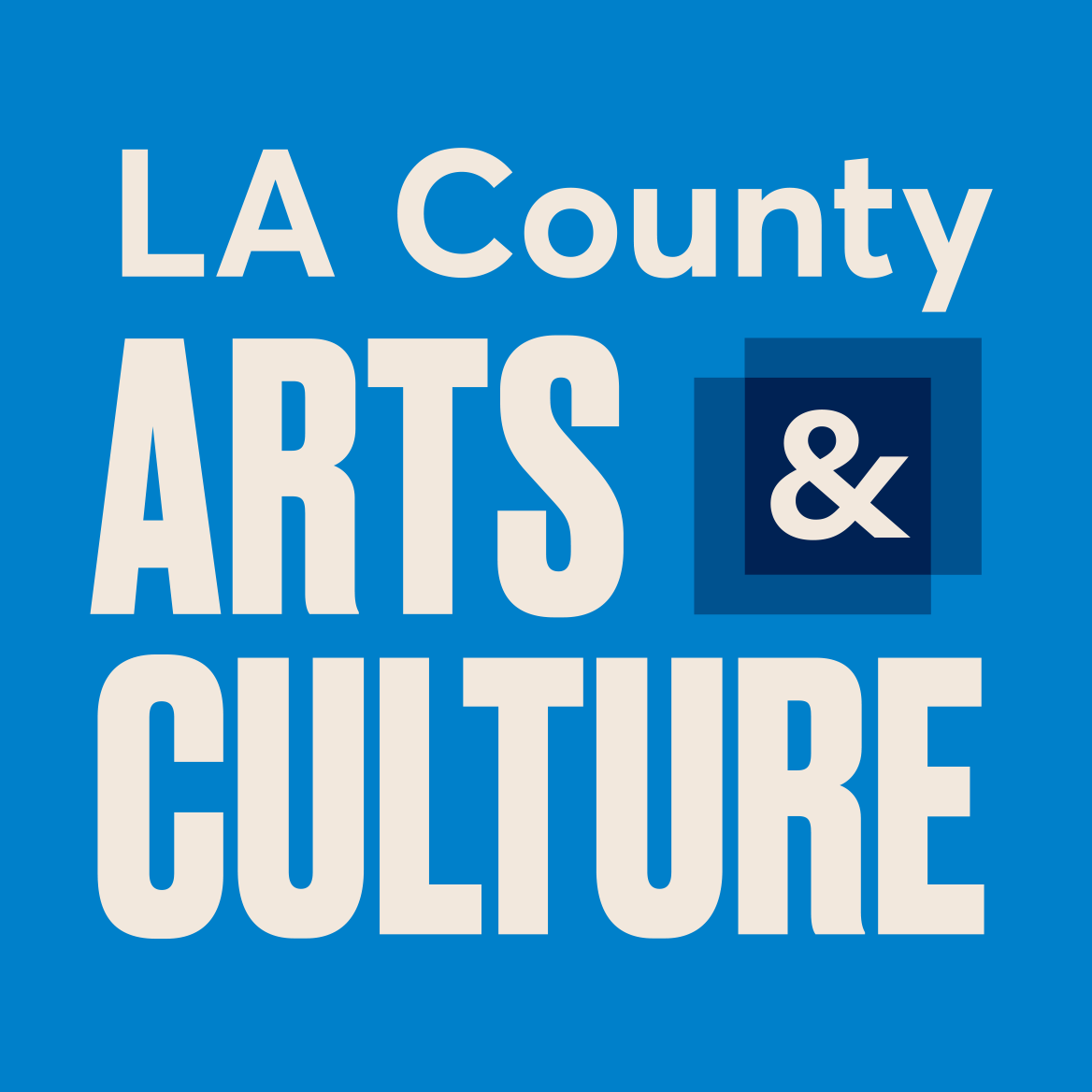Download a PDF of the OGP Cultural Equity & Inclusion Initiative FAQ
FAQ
Beginning in fall 2018, all applicants to the Organizational Grants Program are required to submit board- adopted statements, policies or plans that outline their commitment to diversity, equity, inclusion and access as part of their applications.
New requirements are as follows:
| Budget Category | Budget Size | Requirement |
|---|---|---|
| OGP 1 | Up to $199,999 | Board adopted cultural equity and inclusion statement, policy or plan. Minimum requirement is a statement + proof of board adoption. |
| OGP 2 | $200,000 – $999,999 | Board adopted cultural equity and inclusion statement or policy. A policy is encouraged. Minimum requirement is a statement + proof of board adoption. |
| OGP 3 | $1,000,000 – $14,999,999 | Minimum requirement is a board adopted cultural equity and inclusion policy. Board adopted plan encouraged. |
| OGP 4 | $15,000,000+ | Board adopted cultural equity and inclusion policy and plan. Both required + proof of board adoption. |
OGP applicants will be required to:
- Upload a board adopted cultural equity and inclusion statement, policy and/or plan with the FY 2021-22 application.
- In addition, a board resolution detailing the date when adopted must also be included.
Statements, policies and plans should reflect organizational thinking about board, management, staff, volunteer and artist composition, as well as programming and audiences/participants.
-
Statement
- Brief explanation of why the organization is committed to diversity, equity, inclusion and access, and the alignment of that commitment to the overall mission of the organization.
-
Policy
- Outlines the organization’s broad vision for and commitment to diversity, equity inclusion and access, and the alignment of that commitment to the overall mission of the organization as defined in their statement, and further details what the organization does to realize that statement.
-
Plan
- Outlines how the organization will work toward complying fully with policy and evaluating progress on an annual basis. It is highly recommended that the plan includes actionable strategies and methods for measuring progress around all five key areas of the initiative including board, staff, programs/operations, artists and audiences.
Yes! The Department of Arts and Culture provides annual workshops to support applicants in meeting the CEII statement, policy, plan requirement. This year, two trainings are provided at the beginning of September to ensure ample time for adoption before applications are due. Workshops may be attended by 1-2 representatives. Attendees should be individual(s) who have influence and ability to engage the organization’s staff and board in this work, and/or have a current role and responsibility related to the organization’s cultural equity work. Teams from organizations, including board members, are strongly encouraged to attend.
To learn more about available workshops, click here.
"Aligning Your Organization’s Diversity Equity and Inclusion efforts with CEII” is a two-hour workshop to support applicants in developing documents to meet the OGP requirement. This training is a good opportunity both for organizations that do not yet have formal cultural equity statement, policy or plan in place as well as organizations that do but want to update and/or take it a step further. We ask that participants with equity statements, policies or plans bring copies of their organization’s a). mission statement and core values b) current cultural equity statement, policy, and/or plan and c). current sample of any outward facing cultural equity language (i.e. promotions to audiences). If you have some but not all of the above, bring what you have.
Statements, policies and plans will be reviewed as an element of the applicant’s requirements during staff audit. It is important to note that board adopted statements, policies, or plans will be submitted online and reviewed by staff for completion and compliance purposes. Statements, policies, and plans will not be reviewed or scored by the panel. Additional and updated questions in the application will allow applicants to provide information about how the organization is currently addressing and taking steps to integrate and reflect the values of cultural equity and inclusion in their work.
The FY 2025-26 OGP Guidelines and the application cycle open on Tuesday, August 27 at 12pm PST. Detailed information about the application review process can be found in the OGP guidelines.
No. Trainings are highly encouraged but not mandatory.
Extensions to the application deadline will not be possible. No exceptions will be made. Organizations that do not submit the required documentation will be disqualified from the FY 2025-26 cycle and will be eligible to apply again in the fall of 2025 for the FY 2026-27 cycle.
Extensions to the application deadline will not be possible. No exceptions will be made. Organizations that do not submit the required documentation will be disqualified from the FY 2021-22 cycle and will be eligible to apply again in the fall of 2021 for the FY 2022-23 cycle.
There are three options for organizations to show proof that the Cultural Equity and Inclusion Statement, Policy, or Plan has been adopted by the board:
- Board Resolution where all board members unanimously approve the statement/policy/plan by signing their name on the resolution.
- Board Minutes showing that there was a discussion and the statement/policy/plan was unanimously approved during a board meeting where a quorum was present.
- Approval by an “executive” or “governance” committee could be used as proof of board adoption in cases where the full board is not able to meet to unanimously approve however, this is only an option in cases where the bylaws of the organization state that this committee has the authority to approve actions in writing without a meeting. In this case, the organization will need to provide a copy of both the bylaws (with the highlighted sentence stating that this committee has the authority) as well as the document that shows that this committee approved the statement/policy/plan.
In April 2017, the Board of Supervisors unanimously approved a motion instructing the Department of Arts and Culture to:
"Initiate a requirement that all cultural organizations receiving LA County funds have written, board-adopted statements, policies or plans that outline their commitment to diversity, equity, inclusion and access, and monitor progress. The Arts Commission will be responsible for integrating this requirement into its Organizational Grant Program guidelines. Beginning in the FY 19-20 OGP application cycle, organizations will be required to have a board approved cultural equity and inclusion statement, plan or policy depending on budget size."
Read the report for more information. This 18-month public process led to the development of 13 recommendations to the LA County Board of Supervisors with the goal of ensuring that everyone in LA County has equitable access to arts and culture, and to improve inclusion in the wider arts ecology for all residents in every community.
-
Inclusion and Access
- Every resident of Los Angeles County has opportunities and access to encounter, appreciate, participate in, learn and be informed about the arts and culture.
-
Cultural Equity
- All people have the right to inherit, develop and engage in intellectual, emotional, material, and spiritual traditions and heritage. Arts and cultural organizations and artists from all disciplines and cultural traditions are valued equally and supported equitably.
-
Diversity
- Arts and cultural organizations reflect and embrace the diversity of the County in staffing, leadership, programming, including artists, and audiences/participants.
-
Guiding Principles
-
- Every individual participates in creative thinking and expression.
- Every individual has the right to engage in arts and culture that celebrate their highest potential.
- Our community’s diversity is an asset to our arts and cultural environment and our economy.
- Including communities through the arts and culture achieves our highest potential, by promoting mutual respect and understanding.
-
For questions regarding this new requirement, contact grants@arts.lacounty.gov or call 213-202-5858.


